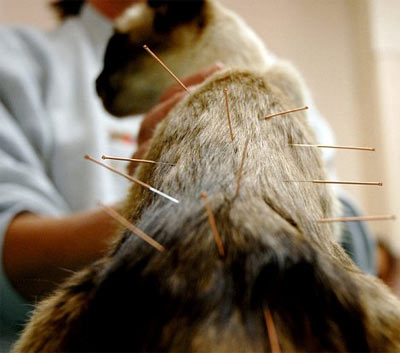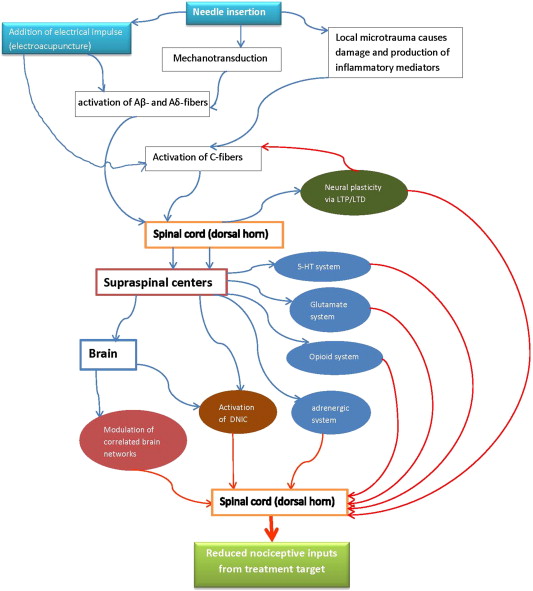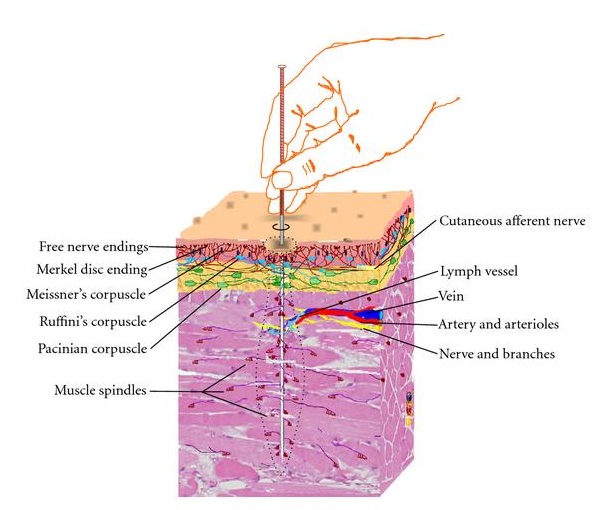How Many Treatments Will Be Needed?
 The number of treatments needed differs from patient to patient. For difficult or long-standing conditions, he or she may need one or two treatments weekly for several weeks. Usually, however, one sees a change in the patient within the first few treatments if the acupuncture is going to make a meaningful difference.
The number of treatments needed differs from patient to patient. For difficult or long-standing conditions, he or she may need one or two treatments weekly for several weeks. Usually, however, one sees a change in the patient within the first few treatments if the acupuncture is going to make a meaningful difference.
Are There Side Effects?
Uncommonly, an acupuncture patient could experience a temporary worsening of the condition. Usually, however, most side effects are mild and even pleasant – a sense of relaxation, an improvement in sleep, or improvement in digestive tract transit. If something concerns you, contact the patient’s doctor or the practice right away.





 The number of treatments needed differs from patient to patient. For difficult or long-standing conditions, he or she may need one or two treatments weekly for several weeks. Usually, however, one sees a change in the patient within the first few treatments if the acupuncture is going to make a meaningful difference.
The number of treatments needed differs from patient to patient. For difficult or long-standing conditions, he or she may need one or two treatments weekly for several weeks. Usually, however, one sees a change in the patient within the first few treatments if the acupuncture is going to make a meaningful difference.